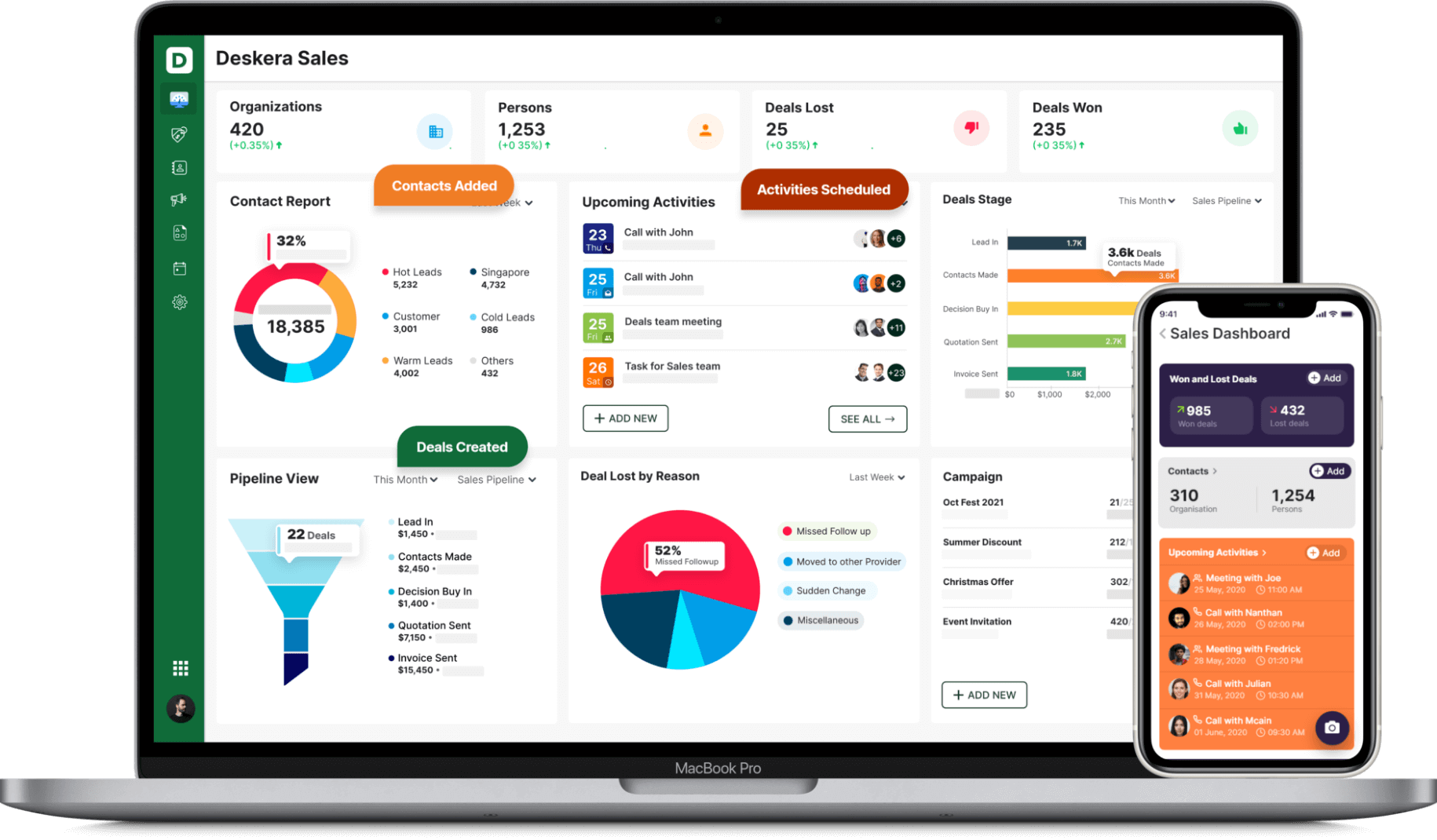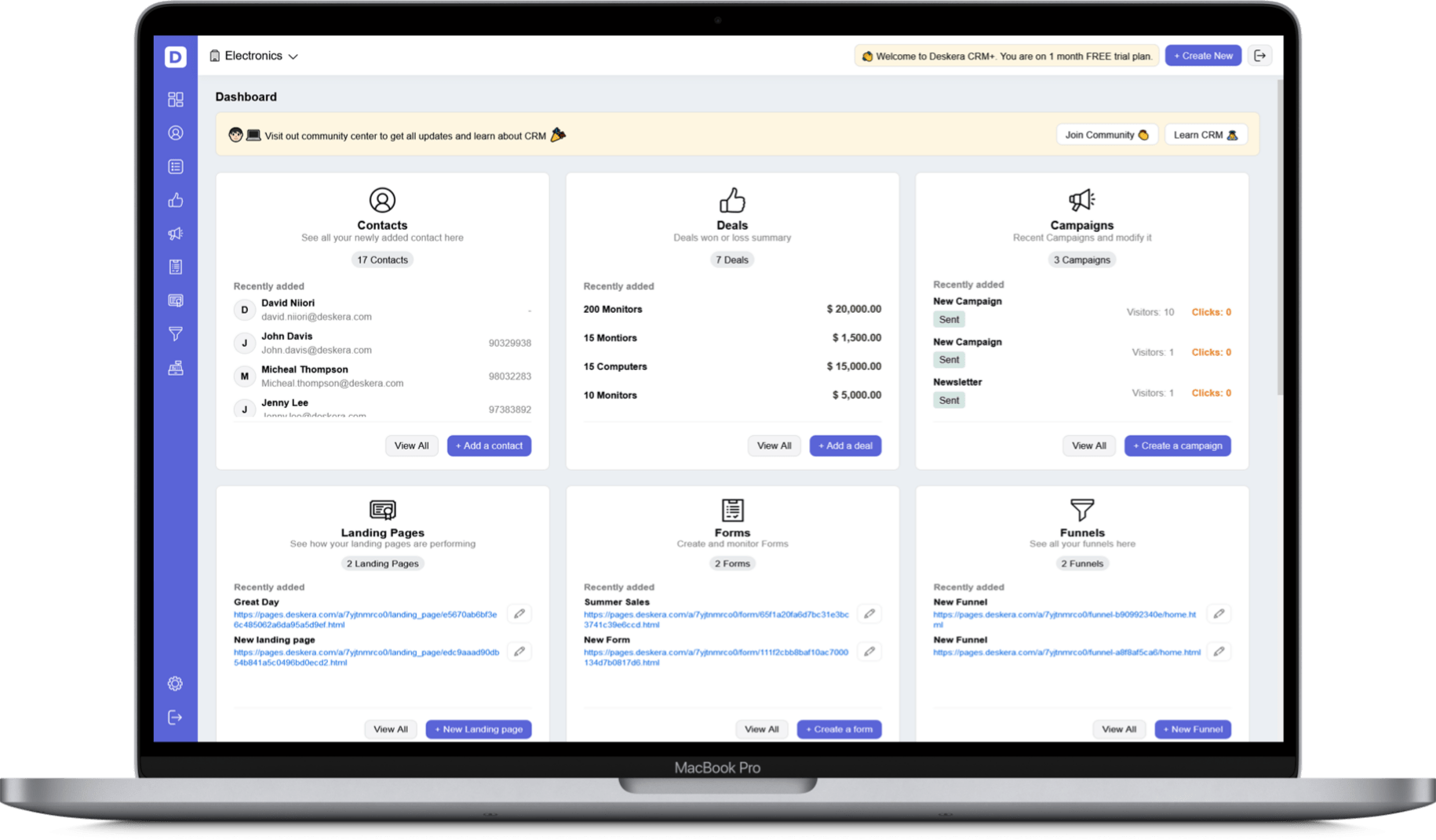Work is that word that has become one of the most stressful words in our day-to-day lives. Anyone who has a job has felt work-related stress at some of the other points. This stress has been found to only increase in the current times due to:
- Performance pressure
- Budget limitations
- Staff cuts
- Increasing competition and alternatives

So, even if you love what you do, you are not immune from workplace stress. Your short-term causes for stress may be due to the pressure of meeting a deadline or due to fulfilling a challenging obligation. But either way, if your work stress becomes chronic and overwhelming, it will have detrimental effects on your physical, mental, and emotional well-being. While the truth of the matter is that workplace stress cannot be avoided completely, managing your workplace stress will keep you away from the abyss of it all.
Common Workplace Stressors
In order to manage workplace stress, we should first discuss some of the most common workplace stressors. These are:
- Excessive workloads
- Low salary
- Lack of motivation, credit, and praise
- Few opportunities for growth and advancement
- Finding your work to not be engaging or challenging
- Lack of social support and belongingness
- Not having enough control over job-related decisions
- Conflicting demands or unclear performance expectations
- Interpersonal conflicts
- Disorganization
- Multitasking
- Physical discomfort
What are the Effects of Workplace Stress?
When you are a victim of prolonged workplace stress, it does not go away as soon as you go back home and rest. Rather, it takes a toll on your overall well-being in the following ways:
- Headache
- Loss of appetite/ overeating
- Stomachache
- Short temper
- Sleep disturbances
- Lack of concentration
- Absence of motivation
- Anxiety
- Insomnia
- High blood pressure
- Weakened immune system
- Obesity
- Heart disease
- Depression
- Low energy or fatigue
- Low self-esteem
- Loss of sex drive
- Sweating
And so on.
In order to mitigate these effects, one tends to rely upon unhealthy ways like smoking cigarettes, abusing drugs and alcohol, overeating, and eating junk foods, to mention a few.
How to Manage Workplace Stress?
Considering how long-term exposure to workplace stress can lead to burnout and all the side effects that come with it, it becomes very important for you to manage your workplace stress. Managing your workplace stress will ensure that you are able to live life healthily, happily, and confidently while being ready to face any challenges that might come your way. This section of the article will take you through some of the best ways to manage workplace stress. They are:
Start Your Day Off Right
Too often, we have seen our parents beginning their morning by juggling with their parents' responsibilities of cooking our breakfast and lunches, helping our younger siblings get to school, rushing through the traffic to reach their workplace on time, and having unhealthy, rushed breakfast like a coffee. This makes them stressed even before they have begun with their job or work responsibilities, hence making them more susceptible to workplace stress.
In order to avoid such susceptibility, it is important to begin your day right. Start by exercising, spending some peaceful time with yourself and your family, planning your morning routine, having a good nutritious breakfast, and keeping a positive attitude. Doing this will make it easier for you to let the workplace stress roll past you without affecting you.
Taking Care of Yourself
One of the keys to managing workplace stress is by taking care of yourself. If your physical and emotional health is completely alright, then you would be more resilient and better equipped for dealing with stress. Some of the ways in which you can take care of yourself are:
- Regularly exercising for at least 30 minutes a day. If possible, this period can be divided into smaller segments. For instance, you can walk around for 10 minutes every day during your lunchtime. This will bring the energy back to you after all the sedentary time.
- Having a balanced diet for yourself. Low blood sugar can cause anxiety and irritability, whereas overeating can make you lethargic. Eating small and frequent meals will help you in maintaining your blood sugar levels, energy levels while also ensuring that you are staying focused and not a victim of mood swings.
- Not resorting to smoking, alcohol, and drug abuse for a while leads to a temporary reduction of stress. It also makes you dependent on them. Instead of this, resort to other activities that have a calming effect on you. For example, listening to music.
- Making sure that you get enough, good quality sleep. While stress disturbs your sleep cycle and can make you an insomniac, sleep deprivation also makes you more vulnerable to stress. It is a vicious cycle, which can be broken only with proper sleep so that it is easier for you to maintain emotional balance- a key factor in managing workplace stress.
- While excelling in your job is important, having a personal life is equally important. Your personal life is the core from which your life’s source gets recharged, and this hence makes it very important to have a balance between your work and personal life in the manner you want.
Identifying and Tracking Your Stressors
One of the best ways of managing your workplace stress is by identifying and tracking your stressors. The prime benefit of this would be that you would be alerted of impending burnout. Hence giving you a chance to rectify your ways in a manner that prevents it. To do so, you can keep a journal that identifies situations that bring your stress and how you respond to them.
Your journal will have a record of your environment, the people in it, the circumstances involved, the physical setting, and how you reacted to it. For example, did your reaction involves raising your voice or getting a snack from the vending machine or going for a walk or ranting out to your friend, etc. This way you would be able to identify the pattern of your stressors.
Develop Healthy Responses
When your workplace stress is on the rise, it is important for you to develop a healthy response for them. A healthy response will be more efficient in not only managing workplace stress but also in combating and preventing it. Some of the healthy ways of managing workplace stress are:
- Exercising, yoga, playing your favorite sport, or any kind of physical activity.
- Spare time for your hobbies and favorite activities like singing, writing, reading, trekking, reading, playing games, spending time with your friends and family, etc. Anything that makes you happier and more satisfied.
- Getting enough good quality sleep will also help in effective stress management. Good quality sleep can be ensured by limiting your caffeine intake and reducing your screen time right before you sleep so that it does not cause stimulation leading to bad sleep.
Establishing Boundaries
One of the reasons which have been leading to a rise in workplace stress is the compulsion that one feels to be available 24/7. However, despite the increasing interconnectedness, it is important to establish work-life boundaries for yourself. These boundaries would help you in maintaining a balance between your work and your personal life, hence also helping in preventing work-life conflict and the stress associated with it.
Some of the ways of establishing boundaries in order to manage workplace stress are:
- Not checking your work emails from home once your working hours end
- Not answering the phone during dinner or during any other family time
- Keeping the weekends reserved for your personal life
Sparing Time for Recharging
To manage workplace stress and hence avoid the negative effects of chronic stress and burnout, it is important for you to spare time for replenishing and returning to your pre-stress level of functioning. This recovery process requires you to switch off from work and have periods of time where you are neither engaged in work-related activities nor thinking about work. During these times, you should do what you love the most and bring you pleasure.
So, take time off to relax and unwind and do not let your vacation days go to waste. Use them so that when you come back to work, you will be reinvigorated and ready to perform at your best. However, when it is not possible for you to take time off, just turn off your laptops and smartphones and engage yourself in non-work-related activities. This will bring the recharging that you need.
Learning to be Relaxed
Learning how to be relaxed even in adverse situations becomes a boon for managing workplace stress. Each individual has their own way of getting relaxed. Some of them are:
- Meditating
- Deep breathing exercises
- Mindfulness- a state in which you observe the present conditions without judging them
- Listening to songs
- Going for a drive
- Photographing
- Journaling
- Playing sports
And so on.
In addition to this, it is also crucial for you to regularly have a relaxed state. You can ensure this by focusing and relishing simple activities like breathing, walking, enjoying a meal, and so on. While initially, you will struggle with focusing only on one activity, over time, you will be able to do so without getting distracted. This skill would be useful to you across all aspects of your life.
Have Clarity on the Requirements
One of the ways employers can help in managing workplace stress is by having clear requirements from their employees. These should include details on what your role is, your responsibilities, what is expected of you, and what are the strategies they can use to meet them.
If an employee finds his role constantly changing or not knowing whether what he is doing is enough or not, then it can lead to confusion, chaos, and therefore, extreme burnout from all the stress arising from it. It would hence help a lot to both- the employee and the employer to be clear on this front.
Keeping Your Distance from Conflicts
Conflicts with colleagues or with superiors can become a great cause for distress and, therefore, workplace stress. Keeping your distance from conflicts is consequently one of the best ways of managing workplace stress. To do so:
- Stay away from office gossips
- Do not share too many of your political and religious views
- Be non-judgmental, accepting, and open-minded
- Steer clear of colorful office humor
- Be a good listener
- Know your roles and responsibilities in depth
- Work more with the people that you go along with
However, in case you find yourself in the midst of a conflict, solve it appropriately. Especially in a manner that does not get prolonged and removes all the negative feelings.
Talking to Your Supervisor
Several types of research have shown that an employee’s health has a direct relation with their productivity at work. This means that it becomes crucial for employers to maintain a good and positive working environment if they want the best performance from their employees. So, talking to your supervisor is one of the best ways to manage workplace stress. To do so, having an open conversation with your supervisor is the way to go. This is done for not listing complaints but rather to come up with a plan for managing your stressors. The plan discussed can be multipronged in the manner that:
- It can help you have a better time management
- Identifying employees wellness resources that you can resort to
- Get clarity on what is expected of you
- Getting the necessary resources and support from your colleagues
- Have a challenging and meaningful tasks added to your job role
- Changing your physical workspace to make it more comfortable and less stressful
- Get proper remuneration or motivation, or incentive for your tasks
- Resolve a conflict more properly
All of these, when looked into with the help of your supervisor, will not only help in managing workplace stress but also in reducing it and preventing it.
Getting Support
Everyone needs support and help at one or another point in their lives. This is what makes us human- stronger than ever. While dealing with and managing workplace stress, getting or accepting help from your trusted friends and family can become a light at the end of a dark tunnel.
In addition to this, you should also check for stress management resources that your employer has arranged for all their employees. This could be in the form of:
- Online information
- Available counselling
- Referral to mental health professionals (if needed)
and other such employee assistance programs. All of these resources would be aimed at helping you better manage workplace stress and to do so in a healthy manner.
For instance, if you are struggling with a persistent mental health condition like anxiety, which can both cause stress and be heightened by stressful situations, it could be time to consider a professional evaluation. Having easy access to resources like anxiety guides can assist you in getting the support you need.
Staying Organized
Disorganization often becomes the cause of workplace stress. This means that staying organized is one of the ways of managing workplace stress. To stay organized,
- Organize your time in the mornings such that you do not have to rush to work
- Manage your work deadlines from the start so that you are not rushing into meeting them at the last minute
- Keep your workspace organized which will ensure that you find everything that you need easily and efficiently
- Keep track of your work’s calendar to make sure that you do not miss out on anything important. Google calendar's shortcuts and tricks can help you with it.
And so on.
Having a Proper Time and Task Management
When workplace stress threatens to overwhelm you, there are simple steps through which you can regain control of the situation and yourself. This involves having proper time and task management. This can be achieved by:
- After analyzing your schedule, responsibilities, and daily tasks, create a balanced schedule that involves work, family, social activities, personal time, daily activities, and even downtime.
- Avoid overburdening yourself- properly calculate the time required for completing each task and divide your time accordingly. For tasks that are less important or avoidable, either shift them to the bottom of the list of things to be done or delete them entirely.
- Plan and take regular breaks while working. Taking short breaks in the form of either going for a walk or just sitting and relaxing will help you to clear your mind and regain your emotional balance.
- Prioritize tasks according to their order of importance. This way, you will invest time and energy in them accordingly, and you also would not have to be stressed about the important tasks being pending till the last minute. In your tasks, you should also tackle the unpleasant tasks first, along with the high-priority ones. Once they are covered, the remaining ones would not bother you as much- hence helping you manage workplace stress.
- Delegate responsibilities as and when possible.
- Be willing to compromise- from engaging in a task differently, changing the deadline, or changing the behavior at work. The more willing two parties are to reach a middle ground, the lesser would be the stress levels.
Use Chunking Instead of Multitasking
While multitasking was once heralded as the way to work and get more things done, it was observed that not only it affects the speed, but also the efficiency of the work. Multitasking makes the tasks performed more prone to mistakes which all in all ends up alleviating workplace stress.
A cognitive strategy is known as chunking- wherein you group similar tasks together and perform them together, is found to be a way of managing workplace stress as it is more efficient and faster.
Keeping a Check on Perfectionist Tendencies
While being a high achiever will help you excel at work while also making you feel good about yourself, being a perfectionist can put you into trouble. Being a perfectionist would mean that any small mishap, conflict, or anything that did not go according to your plan would result in you getting stressed.
In a fast-paced world, where everything in your job needs to be fast-paced as well, it becomes difficult to always do everything perfectly. This is especially true when considering all the uncertainties that will be definitely surrounding you and your work.
Hence, in order to avoid the perfectionist trap and manage workplace stress, always strive to do your best and make time to congratulate yourself for your efforts. This will make you appreciate the results you have achieved and also make you less stressed.
Problem Solving
Problem-solving is another of the best ways of managing workplace stress. While working, you are most likely to come across problems or challenges that need to be addressed. These problems and challenges can heighten your workplace stress and should hence be dealt with properly like this:
- Define the problem
- Brainstorm potential solutions
- Rank the solutions
- Develop an action plan
- Test the chosen plan
And once you have found a strategy that works best in solving the problem or challenge or roadblock that you are facing, they would be solved and your cause for workplace stress removed.
Reappraising Negative Thoughts
Chronic stress and worry can lead people to perceive the situation only through a negative lens, making them jump to a negative conclusion with little to no evidence. As a victim of this, you would even start doubting your ability to cope with stressors making it harder to manage workplace stress. To reappraise negative thoughts, you should:
- You should treat them as hypotheses instead of facts and keep yourself open to considering other possibilities.
- Regularly practice the above-discussed step to reduce negative emotions in response to stressors.
How Can Deskera Help You in Reducing Workplace Stress?
One of the best ways in which Deskera can help in reducing workplace stress amongst yourself and your employees is through Deskera CRM and Deskera CRM+. These softwares of Deskera are built to assist you in all your business functions, including organizing it for you.

Through these softwares, you would be able to make and track your landing pages, track the status of all your deals, customize your sales pipeline, automate email marketing, keep reminders for important tasks like sending invoices and answering customers' queries and many more such functions.

The benefit of these softwares are hence various- starting from improving your cash flow, till increasing customer retention and customer loyalty. Together, these benefits will lead to increasing sales, gross profits, net salary, healthy financial statements and positive customer feedback.
Key Takeaways
In the current fast-paced, highly demanding world, workplace stress has become a common occurrence. With this, frustration, anxious feelings, depression, fatigue, lack of motivation, and low work productivity have become some of the common occurrences too. Managing workplace stress has hence become very important for all. To do so,
- Start Your Day Off Right
- Taking Care of Yourself
- Identifying and Tracking Your Stressors
- Develop Healthy Responses
- Establishing Boundaries
- Sparing Time for Recharging
- Learning to be Relaxed
- Have Clarity on the Requirements
- Keeping Your Distance from Conflicts
- Talking to Your Supervisor
- Getting Support
- Staying Organized
- Having a Proper Time and Task Management
- Use Chunking Instead of Multitasking
- Keeping a Check on Perfectionist Tendencies
- Problem Solving
- Reappraising Negative Thoughts
By following these tips for managing workplace stress, you would be ensuring your overall well-being, higher productivity, and therefore higher gross profits, profit margins, and revenue for the company and even be able to ensure customer satisfaction, customer loyalty, and customer retention through your efficient work.
As a manager and an employer, however, to manage workplace stress, you will have to:
- Improve communication with the employees- making it friendly, efficient, and clear
- Ensure that the workload matches the skills and resources of your employees
- Give an opportunity to the staff to participate in decision making- especially when it will affect their jobs
- Offer rewards and incentives
- Avoid unrealistic deadlines
- Appreciate individual contributions
- Offer opportunities for professional development
- Provide opportunities for social interactions between employees
- Introducing a zero-tolerance policy for harassment
- Make management actions consistent with the values of the organization
These would help in increasing sales, improving the cash flow of the company, having healthier financial statements, ensuring proactive customer service and customer support, and all in all, also encourage returning customers in a positive business environment.
Related Articles












